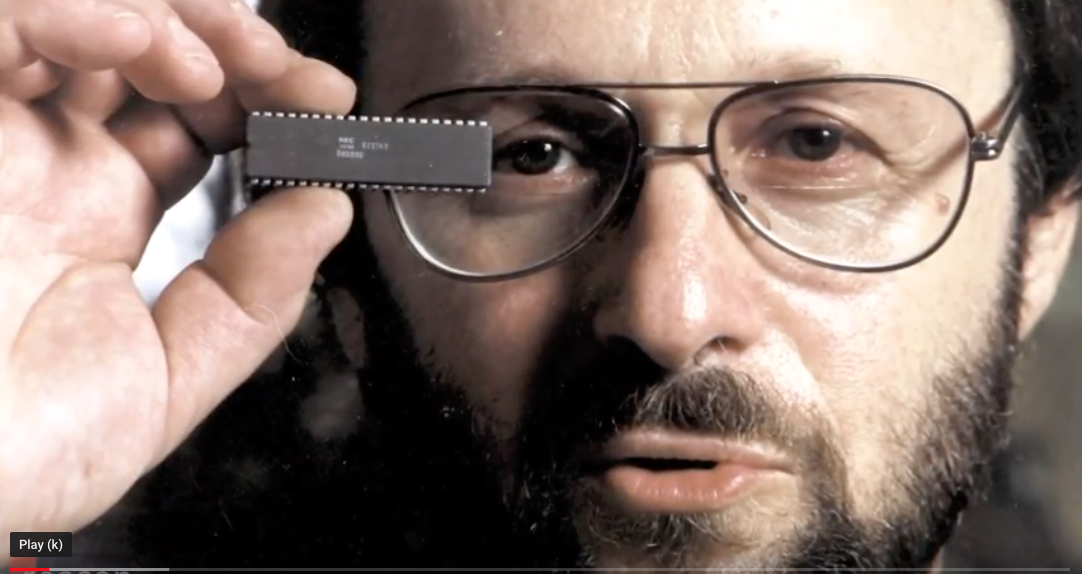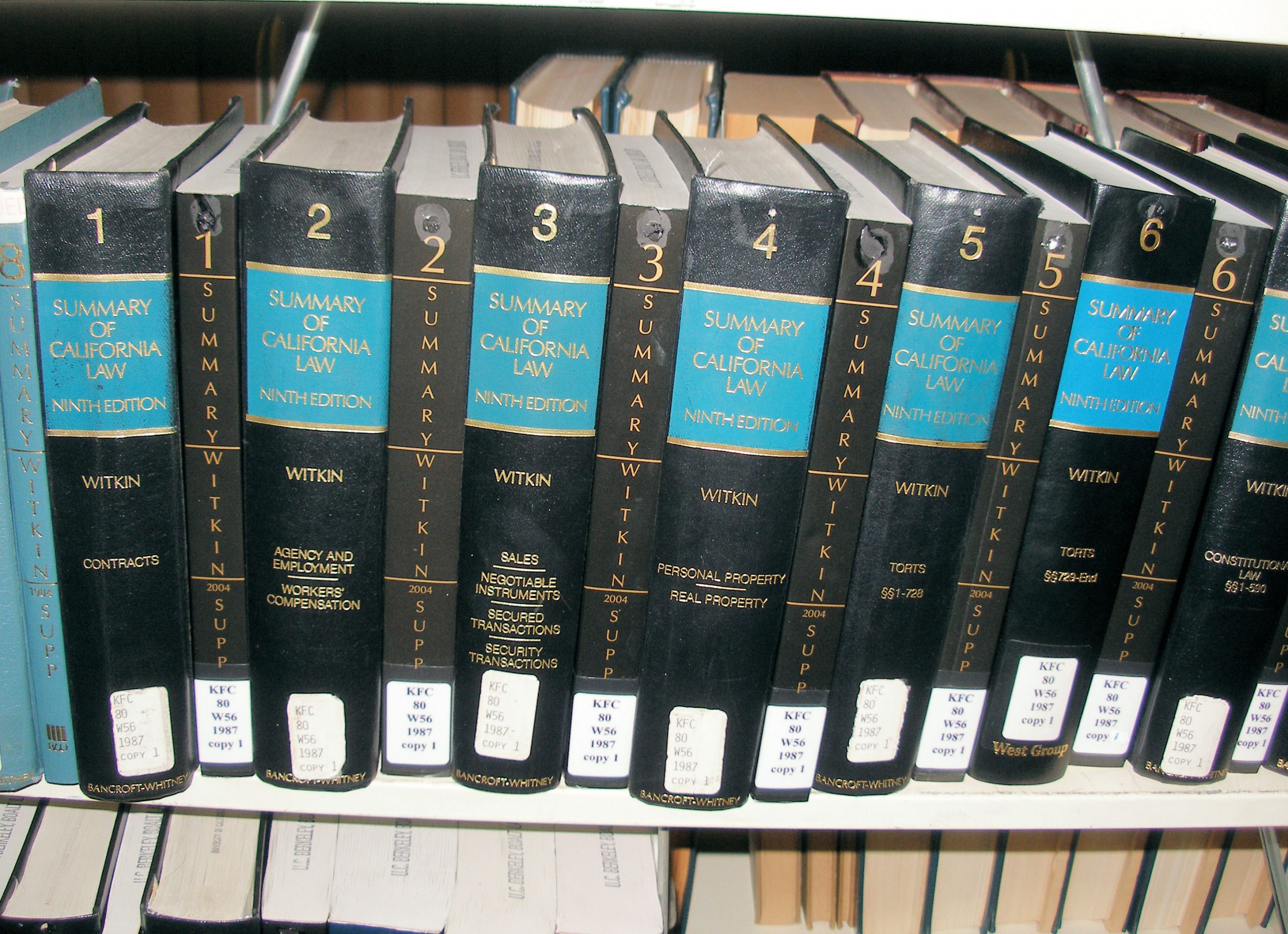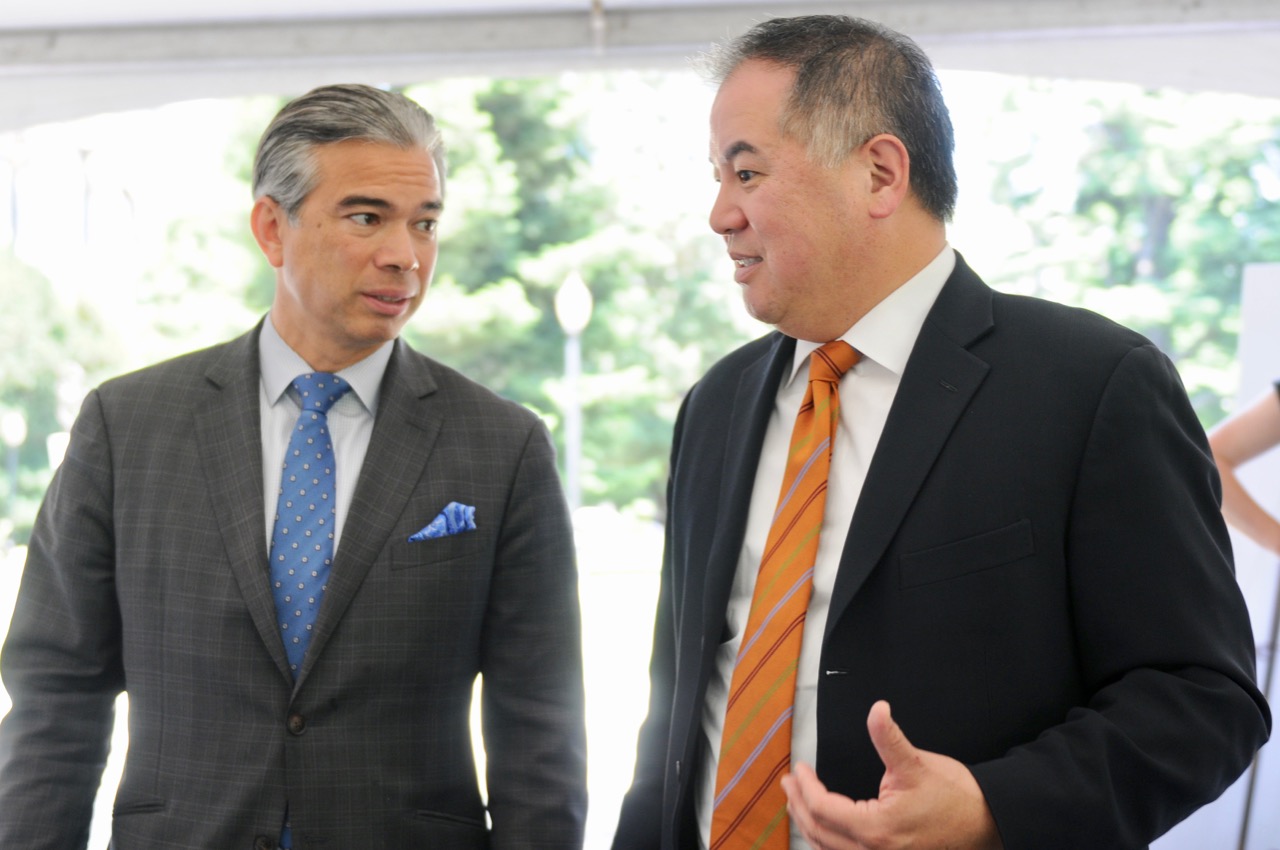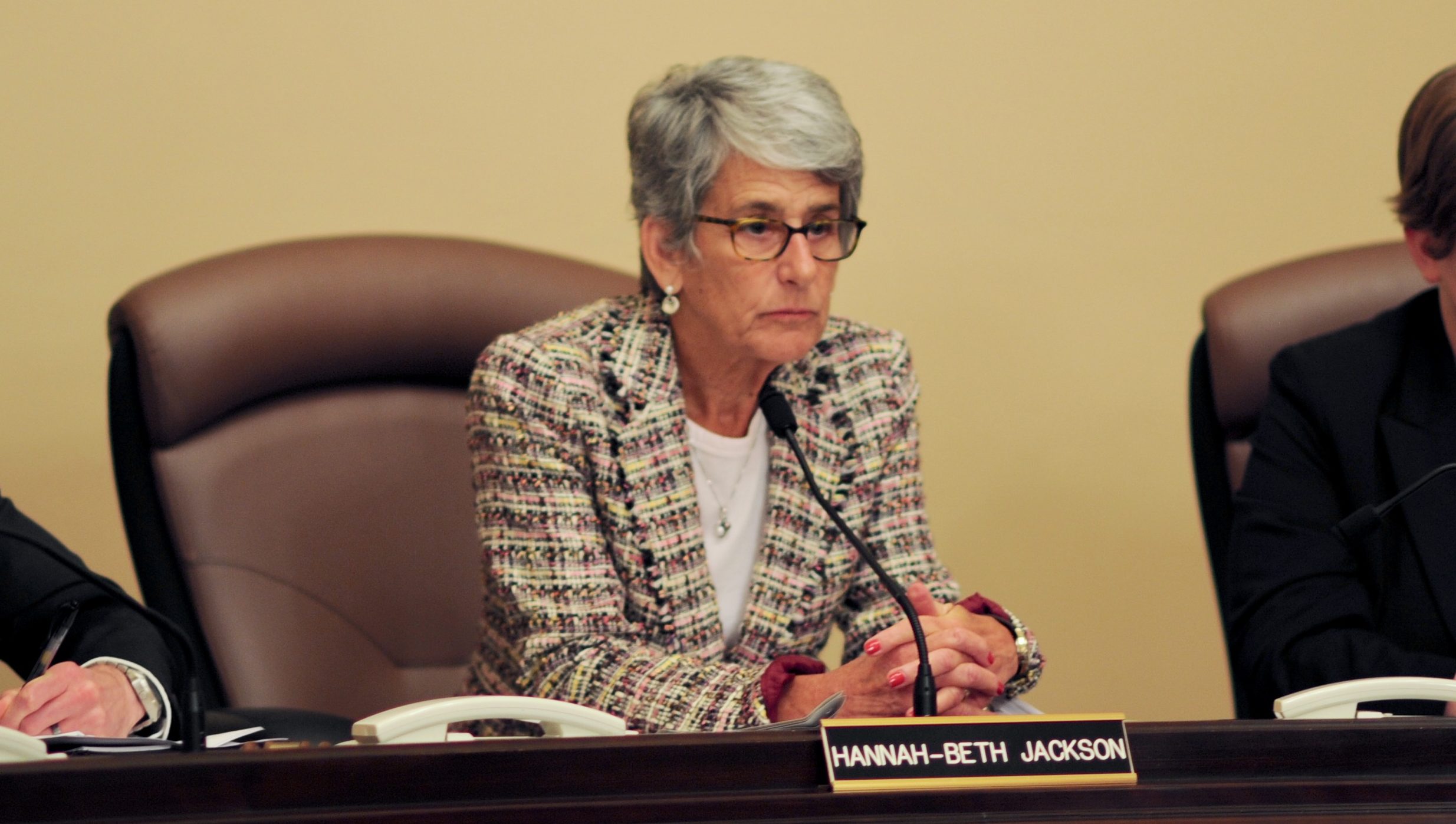
Gilbert Hyatt (screenshot)
California’s Pillage People Lose Marathon Tax War
In the Golden State, government greed trumps common sense
By Lloyd Billingsley, May 13, 2019 6:03 pm
“California wins last round of $25 million, 26-year tax fight with wealthy inventor,” read the headline on Emily Cadei’s May 13 story in the Sacramento Bee. Those who have followed the story might consider the last round a win for the inventor and a loss for California.
Back in 1990, Gilbert Hyatt invented the first single-chip microprocessor, a technological breakthrough that computer companies wanted. The invention earned Hyatt a lot of money, so he moved to Nevada, which has no state income tax. California’s Franchise Tax Board (FTB) charged that the inventor lied about his residency and owed California $13.3 million in taxes and penalties.
Hyatt sued the FTB for harassment, fraud and invasion of privacy, and in 2008, a Nevada court ruled in Hyatt’s favor. A subsequent Nevada trial awarded Hyatt $490 million in damages, later reduced on appeal, but that did not deter the FTB from pursuit of the inventor.
In August of 2017, the FTB claimed interest had boosted Hyatt’s tax tab to a whopping $55 million, but California’s Board of Equalization didn’t think so. By a 3-2 vote the BOE ruled that Gilbert Hyatt was in fact a Nevada resident when California tax collectors charged him with lying about his residency.
The BOE duly waived $5.7 million in fraud penalties and $5.7 million in taxes from 1992. That left Gilbert Hyatt with a 1991 tax bill of $1.9 million, including interest. That was a far cry from $55 million they claimed Hyatt owed, but the FTB was undeterred.
Governor Jerry Brown and the legislature gutted the BOE and empowered the Office of Tax Appeals, a new state agency under the governor’s control. That encouraged the FTB to reopen the residency case, and in June of 2018 the U.S. Supreme Court granted the FTB’s petition to decide whether Hyatt’s successful harassment case in Nevada courts remained valid. As Emily Cadei explains, that decision is now in.
In a 5-4 decision, the U.S. Supreme Court overturned the Nevada Supreme Court’s order for California to pay $100,000 to Hyatt. On the other hand, the 5-4 ruling “will not send any new tax revenue to California” and the war’s collateral damage has been revealed. As Cadei notes, “The case consumed more than $25 million of Franchise Tax Board resources over the course of 26 years.”
The $25 million in costs amount to nearly double the $13.3 million the FTB sought to grab from Hyatt in the first place. If anybody called that a loss it would be hard to blame them. Cadei claims the Supreme Court ruling “will make it easier for California to chase down tax cheats in the future,” but “wealthy inventor” Gilbert Hyatt, now 82, is not a “tax cheat.”
He invented a product people wanted to buy, and sought to shelter his earnings by moving to Nevada. His reward was 26 years of harassment by California’s Franchise Tax Board, which never invented anything and spent nearly twice the amount they sought to extort from Hyatt in the first place.
Might California retain more creative entrepreneurs like Gilbert Hyatt if it lowered state income taxes or eliminated them altogether? By all indications, no politician is even asking the question. In the Golden State, government greed is truly fathomless and always overrides common sense.





One thought on “California’s Pillage People Lose Marathon Tax War”